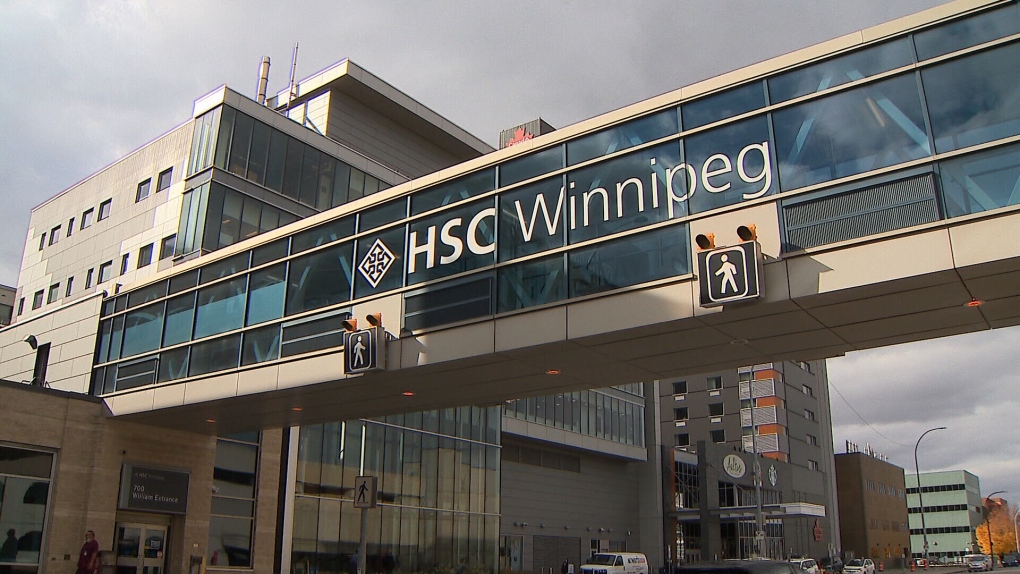‘It’s not really any different’: HSC nurse speaks out amid critical contract vote

A nurse at Manitoba’s largest hospital is calling for better working conditions and a salary that can keep up with the cost of living, as thousands of nurses employed by Shared Health prepare to vote on a new contract.
“They gave it to us saying it was their final offer,” said the nurse, who asked to remain anonymous in fear of retaliation for coming forward. “So the only other option is to strike.”
“Voting for a strike is really not an easy decision,” she continued. “And it’s definitely not anything that any of us take lightly.”
Nurses in Manitoba have been without a contract for nearly three months.
The most recent tentative agreement included a 2.5 per cent general wage increase starting in April, a 2.75 per cent increase for 2025 and three per cent increases over the following two years.
In May, the Manitoba Nurses Union (MNU) announced members in five of six health regions narrowly voted in favor of that agreement, with a 51 per cent acceptance rate. It was rejected by 56.97 per cent of Shared Health nurses, many of whom work at Winnipeg’s Health Sciences Centre (HSC).
“I think what that tells us is actually quite a bit of disagreement within the bargaining unit itself among nurses about the contents of this contract,” said Adam King, an assistant professor in labour studies at the University of Manitoba.
King said the province’s reliance on agency nurses makes it difficult to retain staff nurses on a full-time basis, since those who work for agencies often make more money.
“The employer and the government here are dealing with a complex set of issues and are trying to solve them through the bargaining process,” King said. “And nurses are rightly frustrated with some of what’s being offered.”
The nurse CTV News spoke to said changes made to the new offer were “very miniscule,” and the contract is “not really any different.” She said it also doesn’t include higher pay or better working conditions – two things she said are vital.
“I think the moral distress is definitely accumulating in people and so, you know, we should be compensated financially for doing a job that intense,” said the nurse.
Regardless of the vote results, she said she doesn’t know how much more health care workers can take before they reach their breaking point.
“No amount of money is going to make someone be willing to work here,” she said. “You can only have so many soul-crushing days before you’re like, ‘Well, it doesn’t really matter.’”
CTV News reached out to Shared Health and the provincial health minister about the ongoing contract negotiations, but was told this isn’t something they’ll be commenting on at this time.
A spokesperson for the MNU told CTV News the organization will have more to say after the ratification process is over.
Voting on the new tentative agreement closes July 8 at noon.
View original article here Source









